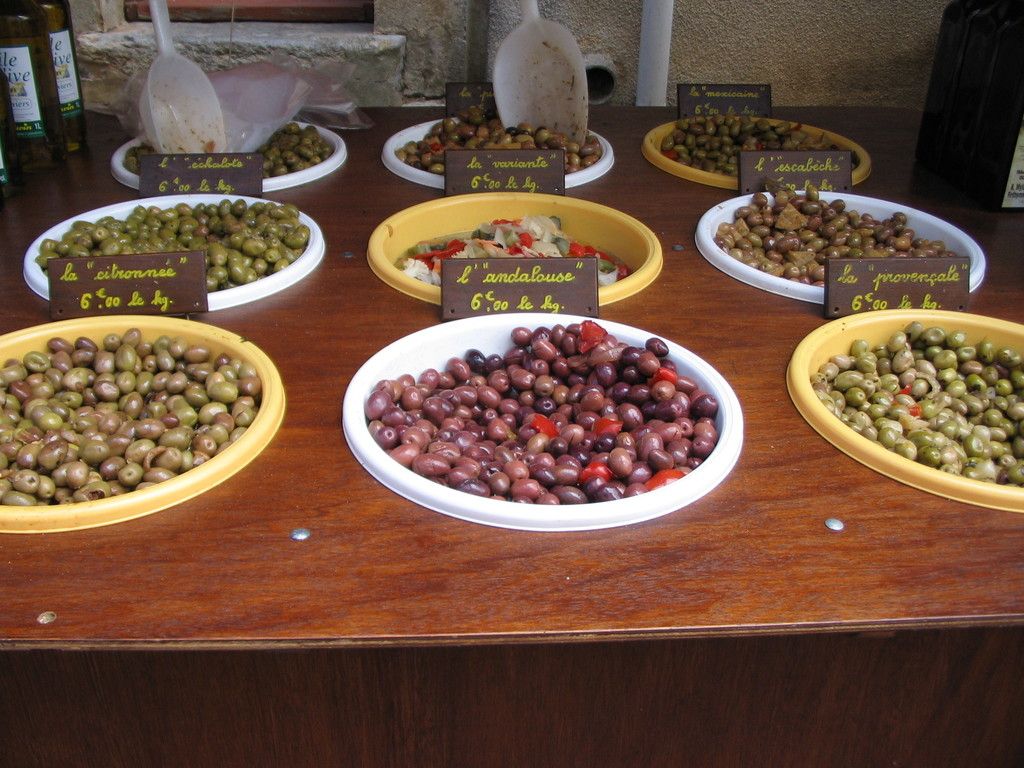Achieving Mental Sharpness: The Mediterranean Diet and Regular Exercise Could Be Key Protectors
A Fascinating Study Aims to Unravel the Impact of MedWalk on Cognitive Health
The MedWalk study, helmed by researchers from Australia, New Zealand, and the United Kingdom, is currently underway, exploring the potential synergy of a Mediterranean diet and regular walking on dementia and cognitive decline.
Considering both the Mediterranean diet and physical activity have been linked to brain health, this endeavor seeks to uncover the combined effect of these interventions.
The study - originally intended to span 2 years - has been impacted by global events, but it is determined to persevere, with data updates published in theJournal of Alzheimer's Disease**.
Over 60-to-90-year-old participants living in South Australia and Victoria have been recruited from independent living retirement communities and, due to the pandemic, from the wider community as well.
Participants are divided into two groups: a MedWalk intervention group and a control group maintaining their usual diets and activity levels. The MedWalkers will undergo a combination of dietary modifications, supervised walking regimens, and psychosocial behavioral change techniques for 6 months, with continued support for the following 6 months.
The researchers are particularly interested in tracking a 12-month change in participants' visual memory and learning capacity. They are also keen to observe the intervention's impact on mood, quality of life, health costs, cardiovascular health, arterial stiffness, and specific biomarkers associated with cognitive decline like glucose regulation, inflammation, and oxidative stress.
Previous Research on Mediterranean Diet and Physical Activity
Certified nutritionist Conner Middelmann, not involved in the current study, highlighted research suggesting that adhering to a Mediterranean diet may lower dementia risk. Studies from different parts of the world have demonstrated an association between the Mediterranean diet and fewer cases of dementia.
Similarly, regular walking has been linked to a slower cognitive decline. One study found a dose-dependent relationship between the number of daily steps taken and the risk of dementia, with participants taking 10,000 steps per day reducing their risk by 50%.
The combination of these healthy habits is of particular interest, as both the Mediterranean diet and exercise target factors that contribute to dementia prevention, potentially offering synergistic benefits for cognitive health.
A Mediterranean diet, known for its antioxidants, omega-3 fatty acids, fiber, and low processed foods, can combat inflammation, improve cardiovascular health, and support brain health. On the other hand, regular exercise may enhance blood flow to the brain, boost neuroplasticity, and reduce stress while improving overall well-being.
The MedWalk study's findings, due by the end of 2023, will provide invaluable insights into the capacity of this lifestyle intervention to slow cognitive decline and bolster brain health in older adults.
- Despite obstacles brought by global events, the MedWalk study, involving researchers from three countries, persists in exploring the combined impact of a Mediterranean diet and regular walking on dementia and cognitive decline.
- In the MedWalk study, participants over 60-90 years old, recruited from retirement communities and the wider community due to the pandemic, are assigned to two groups: a MedWalk intervention group and a control group.
- The MedWalk intervention group will follow a combination of dietary modifications, supervised walking regimens, and psychosocial behavioral change techniques, while the control group maintains their usual diets and activity levels for 12 months.
- Researchers are primarily focused on observing changes in visual memory and learning capacity, as well as the effects on mood, quality of life, health costs, cardiovascular health, arterial stiffness, and specific biomarkers associated with cognitive decline, such as glucose regulation, inflammation, and oxidative stress.
- Previous research indicates that adhering to a Mediterranean diet can lower dementia risk, while regular walking has been linked to slower cognitive decline. The combination of these healthy habits is of specific interest, as they may offer synergistic benefits for cognitive health.
- The MedWalk study's findings, anticipated by the end of 2023, will shed light on the potential of this lifestyle intervention to slow cognitive decline and improve brain health in older adults, significantly contributing to the fields of health-and-wellness, mental-health, nutrition, fitness-and-exercise, and scientific understanding regarding dementia.







